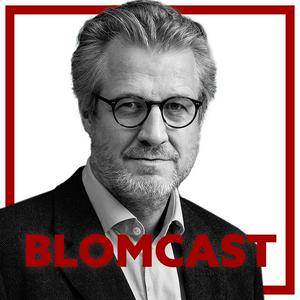Recently, I was honoured to give the Spinoza Lecture in Den Haag, Netherlands, a wonderful opportunity to pay homage to a truly great thinker, as well as for a few reflections on knowledge and how it has been organised throughout history. In the course of my reflections, we meet Spinoza in his house in The Hague, the great scholar and dictionary writer Pierre Bayle, as well as Denis Diderot and his favourite friends and enemies. We follow revolutions in writing and thinking through Bayle’s Dictionnaire historique et critique and Diderot and d’Alembert’s Encycopédie, and their inversion during the nineteenth century, when dictionaries were no longer instruments of intellectual subversion, but empire building. Knowledge and its organisation are always contested. Who gets to chose? To describe? To value? Whose authority? And what about today, about Wikipedia and increasingly about AI engines, the questions we ask them and the ways we trust them? Where does autonomy go?
Support the show


